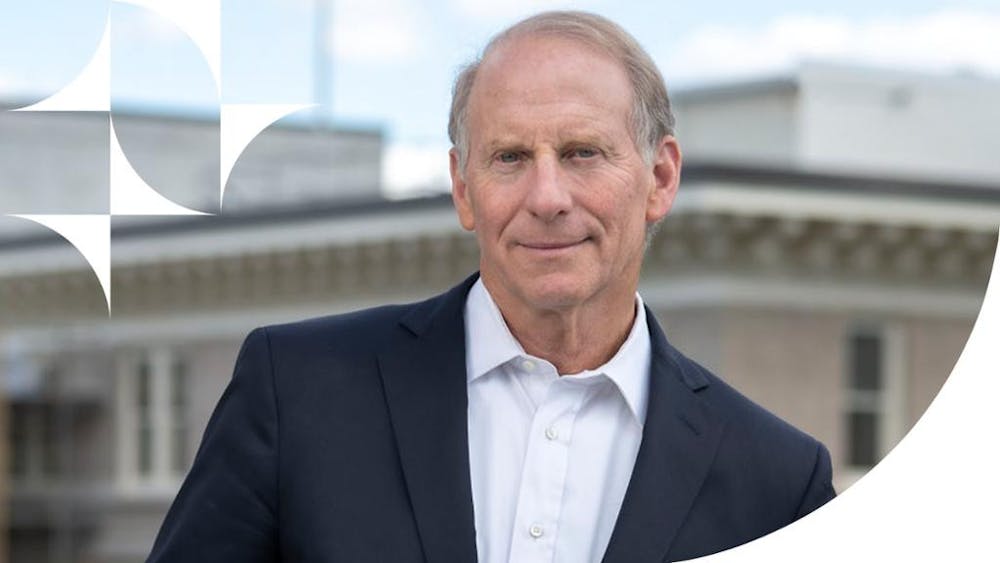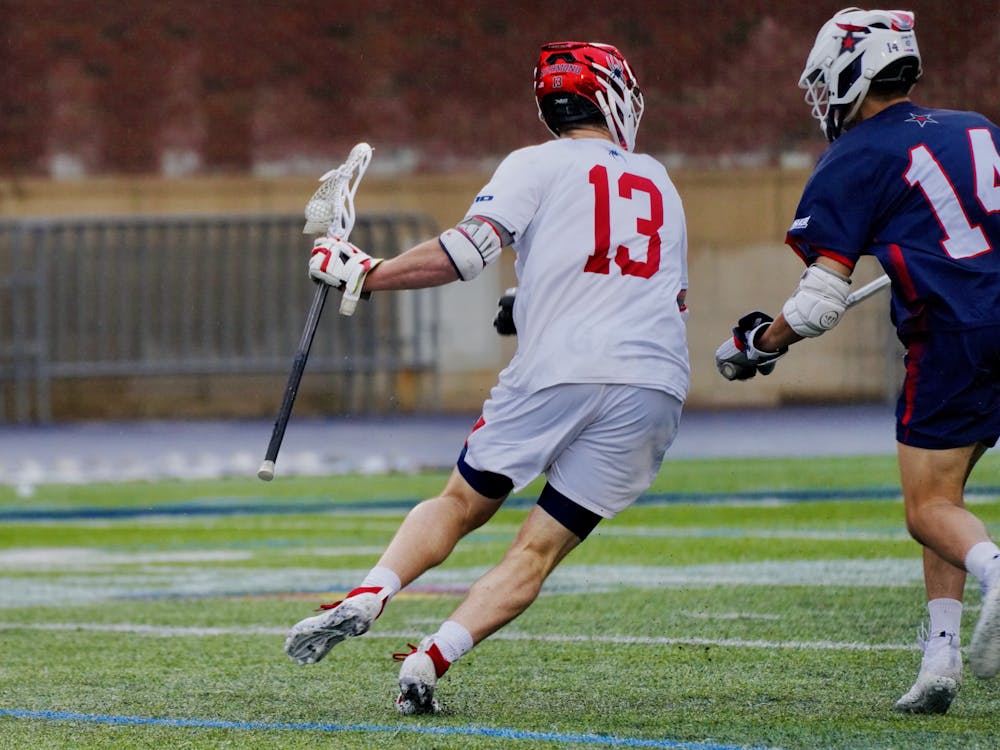The consequential 2024 presidential election generated immense attention and turned heads worldwide, yet almost 90 million Americans refrained from voting. To Richard Haass, an American diplomat who worked for the state department under President George W. Bush administration, that is where the greatest threat to a democratic United States lies.
Haass has developed a ten habit guide to navigating political and social society.
On Feb. 6, Haass addressed a packed room of students, alumni and community members about his new book “The Bill of Obligations: The Ten Habits of Good Citizens”.
Haass opened the presentation describing 250 years ago, when the United States was first founded, the population was around 3 million people. The U.S. Constitution, Haass said, was established to protect the rights of citizens, formulate a strong financial foundation and create a government run by a system of checks and balances.
“Obligation, at the time, was implied,” he said.
Today, the context has shifted.
Haass warned of a lack of civility in conversation, acts of political violence, a polarized society and an imbalance of power in Washington.
“American democracy is precious,” Haass said, “But precious holds two connotations; value and vulnerability.”
According to Haass, at this particularly vulnerable time, democracy is not a spectator sport, it is demanding. He said that it is not enough to solely pursue democracy for the sake of the protection of rights, rather, it must be balanced with obligation; what we do for one another and what we do for our country.
Haass’s book, “The Bill of Obligations: The Ten Habits of Good Citizens”, names 10 obligations such as civil discussion, deeper political involvement, and most importantly, becoming informed, which citizens must pursue to safeguard democracy.
Alumna and community member, Carol Kern, ‘81, said Haass’s assessment of the current American society, specifically the lack of an informed public was “spot on.”
“We have no excuse,” she said.
Enjoy what you're reading?
Signup for our newsletter
To further discuss, UR Professor of political science Daniel Palazzolo led a Q&A session with Haass featuring his own questions as well as those sent in by students.
Senior Ashton Bear said that she was impressed by a “decorated public servant” coming to explain the state of democracy..
Haass recalled his experience working under former Presidents Jimmy Carter and Bush and deemed two responsibilities to those in positions of power: to educate and to explain.
Haass related this lesson to those in the most critical leadership positions in higher education: professors.
“Class is an important dimension of America,” he said about the college classroom.
Often, the college classroom is the first time many students come into contact with differing perspectives, Haass said. He implored professors to be conscious about teaching so that students can form a proper skill set to have civic discourse.
Students, like junior Sassan Fahim, said they appreciated his clear and honest perspective.
Fahim said there was much to learn from Haass, specifically “at a time when [students] are not as politically motivated,” he said.
Palazzolo concluded the Q&A session by asking Haass about the future of the country based on the current climate.
“I’m worried,” Haass said. “I couldn't tell you where we’re going to be in ten years, but I do have a sense that [the future is] up for grabs,”.
However, Haass said it was this sense of urgency that implored him to write his book.
“There are an unimaginable variety of outcomes today,” Haass said, “Unease should not immobilize but galvanize.”
Contact features editor Bella Corona at bella.corona@richmond.edu
Support independent student media
You can make a tax-deductible donation by clicking the button below, which takes you to our secure PayPal account. The page is set up to receive contributions in whatever amount you designate. We look forward to using the money we raise to further our mission of providing honest and accurate information to students, faculty, staff, alumni and others in the general public.
Donate Now



